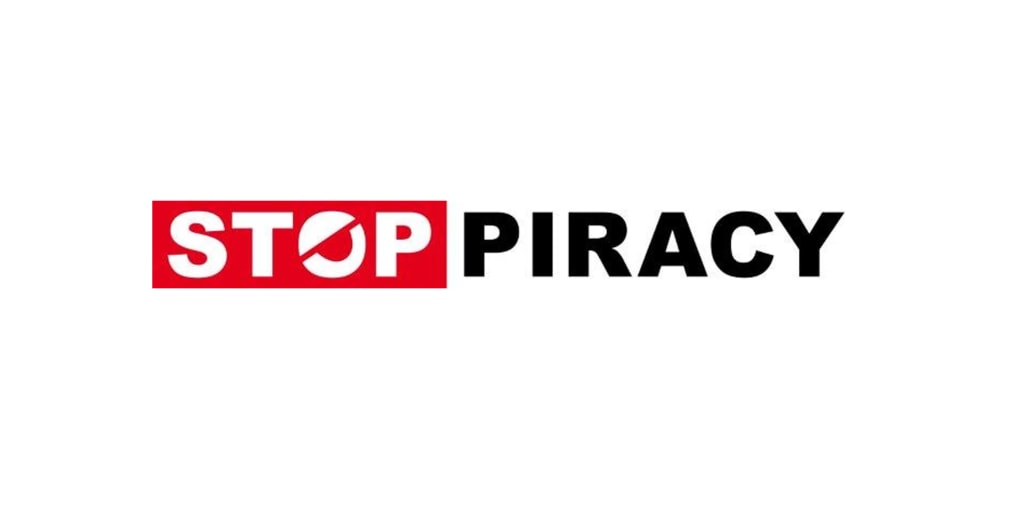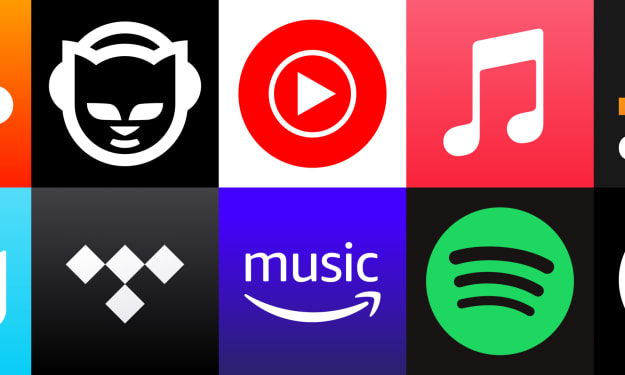The Role of Streaming Services in Reducing Music Piracy: A Comprehensive Analysis
The Role of Streaming Services

The advent of the internet brought about significant changes in the music industry, including the rampant spread of piracy. For years, the industry struggled to combat illegal downloads, leading to substantial revenue losses. The emergence of streaming services like Spotify, Apple Music, and Amazon Music has been seen as a potential solution. But are these platforms truly saving the music industry from piracy? This article delves into the complexities of this issue.
The transformation of music consumption from physical formats to digital downloads, and eventually to streaming, has been a remarkable journey. Each phase brought new challenges and opportunities, particularly with regard to combating piracy. The rise of streaming services has been a double-edged sword, offering a legal alternative to illegal downloads but also raising questions about fair compensation for artists. This comprehensive analysis aims to shed light on the effectiveness of streaming services in reducing music piracy and their broader implications for the industry.
The Rise and Fall of Music Piracy
Piracy became a major issue in the late 1990s with the rise of P2P file-sharing networks such as Napster. These platforms enabled users to share and download music for free, bypassing traditional purchasing methods. This led to significant revenue losses for the music industry and undermined the value of creative work.
Napster, launched in 1999, was a groundbreaking platform that changed the landscape of music distribution. It allowed users to share MP3 files directly with one another, leading to a surge in illegal downloads. The music industry responded with lawsuits, and Napster was eventually shut down in 2001. However, the damage had been done, and other P2P networks like LimeWire and Kazaa filled the void, perpetuating the piracy problem.
Streaming Services: A New Dawn
Streaming services emerged as a legal and convenient alternative to piracy. By offering unlimited access to vast music libraries for a subscription fee, platforms like Spotify and Apple Music provided an attractive option for consumers. These services capitalized on the demand for instant access to music, effectively reducing the incentive to pirate music.
Spotify's launch in 2008 marked a significant shift in the music industry. The platform offered a free tier supported by advertisements, as well as a premium subscription that provided ad-free listening, offline access, and higher sound quality. This model addressed the primary reasons behind piracy: convenience and cost. Apple Music, which launched in 2015, offered exclusive content and integration with the iTunes library, further enhancing the appeal of legal streaming.
Impact on Piracy Rates
Research indicates that the availability of streaming services has led to a decline in music piracy. According to the IFPI, piracy rates have decreased in regions with high streaming penetration. This suggests that streaming services are playing a crucial role in curbing illegal downloads.
A 2019 study by the European Union Intellectual Property Office (EUIPO) found that increased streaming subscriptions correlated with a decrease in illegal downloads. The study highlighted that the availability of affordable and convenient streaming options made piracy less attractive to consumers. However, it also noted that piracy has not been eradicated entirely, indicating that streaming services are part of a broader solution.
Economic Impact on Artists
Despite the reduction in piracy, the economic impact on artists remains a contentious issue. Many musicians argue that the royalties paid by streaming services are inadequate. The distribution of revenue from streaming is often skewed towards major labels, leaving independent artists with meager earnings.
Artists typically earn between $0.003 and $0.005 per stream on Spotify, meaning they need millions of streams to generate significant income. This has led to widespread criticism and calls for a more equitable distribution of streaming revenue. Major labels, which often own shares in these streaming platforms, benefit the most, while independent musicians struggle to make ends meet. Additionally, the lack of transparency in how streaming revenue is calculated and distributed has further fueled discontent among artists.
Legal Frameworks and Technological Innovations
In addition to the rise of streaming services, legal and technological measures have also contributed to the decline in piracy. The implementation of stricter anti-piracy laws and digital rights management (DRM) technologies have made it more challenging for individuals to distribute music illegally.
The Music Modernization Act (MMA), enacted in the United States in 2018, aimed to improve royalty payments for artists and streamline licensing processes. The act introduced a blanket mechanical license for digital music providers and established a centralized database to ensure songwriters are properly compensated. Similarly, advancements in DRM technologies have helped prevent unauthorized copying and distribution of music. These measures, combined with the availability of legal streaming options, have created a more robust framework for combating piracy.
Changing Consumer Behavior
The convenience and affordability of streaming services have significantly influenced consumer behavior. Younger generations, in particular, prefer streaming over purchasing physical albums or digital downloads. This shift in consumer preferences has played a critical role in reducing the prevalence of piracy.
Surveys show that Millennials and Gen Z consumers prefer streaming due to its ease of use, personalized recommendations, and access to extensive music libraries. The ability to create and share playlists, discover new artists, and enjoy music on multiple devices has made streaming the preferred choice for these demographics, further diminishing the appeal of illegal downloads.
Challenges and Future Outlook
Despite the positive impact of streaming services, several challenges remain. The issue of fair compensation for artists is a major concern. Many musicians feel that the current royalty model is unsustainable and fails to reflect the true value of their work. Additionally, while streaming has reduced piracy, it has not eradicated it entirely. Some users still turn to illegal downloads for various reasons, including access to exclusive content not available on streaming platforms.
To address these challenges, streaming services need to continue innovating and improving their models to ensure fair compensation for artists. This could include revising royalty structures, enhancing transparency, and exploring new revenue streams. Furthermore, ongoing efforts to enforce anti-piracy laws and educate consumers about the importance of supporting legal music sources are crucial for sustaining progress.
Streaming services have undoubtedly made significant strides in reducing music piracy, offering a convenient and legal alternative that appeals to modern consumers. However, they are not a panacea. The music industry must continue to address the challenges of fair artist compensation and residual piracy issues. A multifaceted approach that includes technological innovations, legislative support, and fair business practices is essential for creating a sustainable and equitable future for music creators and consumers alike.
Streaming services represent a significant step forward in combating music piracy, providing a legal and user-friendly alternative to illegal downloads. However, the journey towards a fair and piracy-free music industry is ongoing. By addressing the economic concerns of artists and continuing to innovate, streaming platforms can play a pivotal role in shaping the future of music consumption.
What are your thoughts on the impact of streaming services on music piracy? Do you believe they provide fair compensation to artists? Share your insights in the comments section below, and don't forget to subscribe for more insightful articles! How has your music listening experience changed with the rise of streaming services? Do you think more can be done to combat music piracy? Join the conversation and let us know your views!
About the Creator
Music Industry Updates
Welcome to Music Industry Updates, your go-to hub for the latest happenings in the music world.
Stay tuned, stay informed, and stay inspired with Music Pulse – where every beat counts.
Enjoyed the story? Support the Creator.
Subscribe for free to receive all their stories in your feed. You could also pledge your support or give them a one-off tip, letting them know you appreciate their work.






Comments
There are no comments for this story
Be the first to respond and start the conversation.